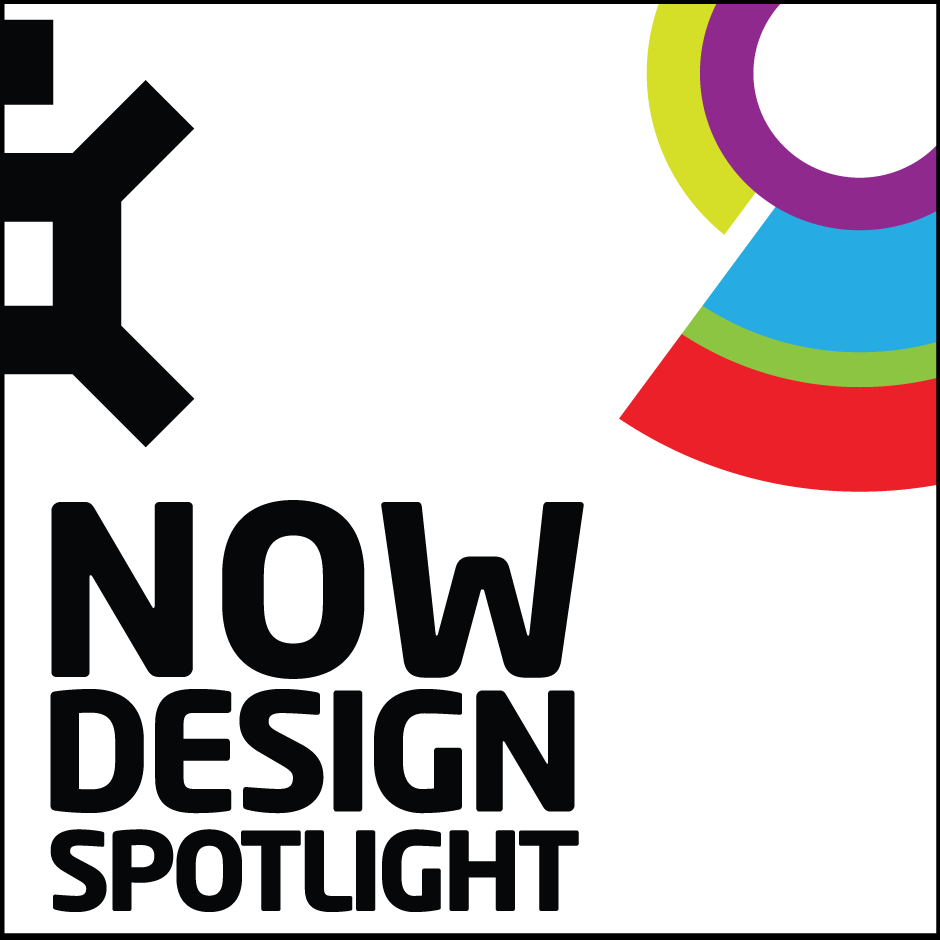
Image Credit : Starling Bank
Project Overview
Starling Bank in the UK have introduced a feature allowing their person account customers to request a second debit card to give to a trusted person in order to purchase essentials on their behalf.
Organisation
Project Context
Getting in food and other essential supplies is a big challenge for everyone who is self-isolating. That’s why Starling has developed a new feature to help customers relying on friends, neighbours and community volunteers to get their shopping for them.
Project Innovation
Designed with the COVID-19 pandemic squarely in mind, the Connected card allows people in self-isolation to more easily enable trusted persons purchase groceries and other essentials on their behalf, without the need for handling cash, or waiting on bank to bank transfers.
Rather than giving someone access to their whole account as a regular debit card would, the Connected card only draws funds from a designated Space that the customer allocates a chosen amount to — up to £200.
For extra peace of mind, the Connected card won’t work if it’s used for online payments, payments over the phone, ATM withdrawals, digital wallets or transactions at gambling merchants.
Social and Community-Oriented Design - Systems
Social design applies a design methodology and intervention to tighten the social fabric that holds us together. Addressing issues of social inequality, such as poverty or social isolation, social design is the pathway to a more just and sustainable society. Community-oriented design is a human-centered and participatory design practice that emphasises the betterment of local communities through the improvement of public facilities, equipment, identity and experience.
All systems are designed to serve a purpose – and that purpose is to serve people. Systems design optimises systems performance by systematically focusing on the human component - human capacities, abilities, limitations and aspirations.
More Details


